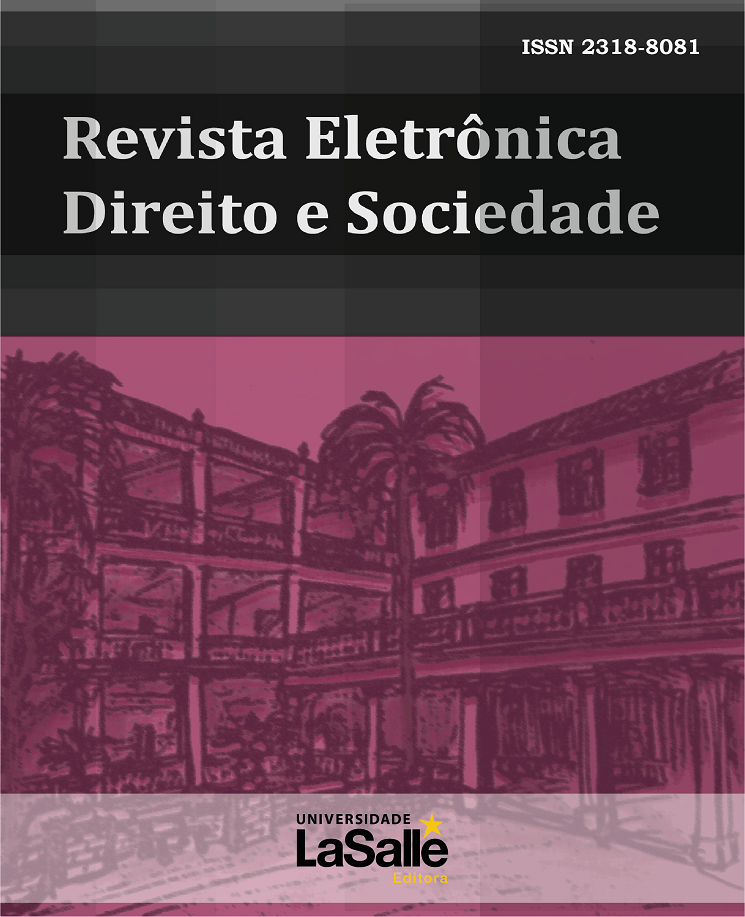The ‘external protection of credit’: applicability and case law
DOI:
https://doi.org/10.18316/redes.v7i3.5813Keywords:
Contracts, Relativity of Effects, Good Faith, External Protection of Credit, Case Law.Abstract
The present work approaches the principle of subjective relativity of the effects of the contract, from its institution by the French Civil Code of 1804 and adoption by the Brazilian Civil Code of 1916, pointing out the significant changes in its interpretation with the advent of the Federal Constitution of 1988, the Code of Consumer Protection and the Civil Code of 2002, which resulted in the construction and consolidation of the theory of external credit protection. In the present work, based on the deductive method, the requirements and the rationale adopted by the Courts for their applicability in Brazil are analyzed, specifically in the hypotheses of violation of the duty that falls on third parties not to interfere in the contractual relations. It seeks to demonstrate the interpretation to be attributed to the hypothesis, from the following problem: is the principle of the subjective relativity of the contracts incompatible with the notion of external guardianship of the credit?
Downloads
Published
Issue
Section
License
Authors who submit their manuscripts for publication in the “REDES” Magazine agree to the following terms:
The authors claim to be aware that they retain copyright by giving “REDES” the right to publish.
The authors declare to be aware that the work submitted will be licensed under the Creative Commons Non-Commercial Attribution License which allows article sharing with acknowledgment of authorship and publication in this journal.
The authors declare to be aware that by virtue of the articles published in this journal have free public access.
The authors declare, under the penalty of the law, that the text is unpublished and original and that they are aware that plagiarism has been identified, plagiarized authors will be informed - willingly, to take legal action in the civil and criminal sphere - and, plagiarists will have their access to the magazine blocked.
The authors state that - in case of co-authoring - all contributed significantly to the research.
Authors are obliged to provide retractions and (or) corrections of errors in case of detection.
The authors are obliged not to publish the text submitted to “REDES” in another electronic journal (or not).
The Electronic Journal Law and Society - REDES - is licensed under a Creative Commons License. Attribution-NonCommercial 4.0 International.Based on work available at "http://revistas.unilasalle.edu.br/index.php/redes/about/submissions#copyrightNotice".
Permissions in addition to those granted under this license may be available at http://creativecommons.org/.

